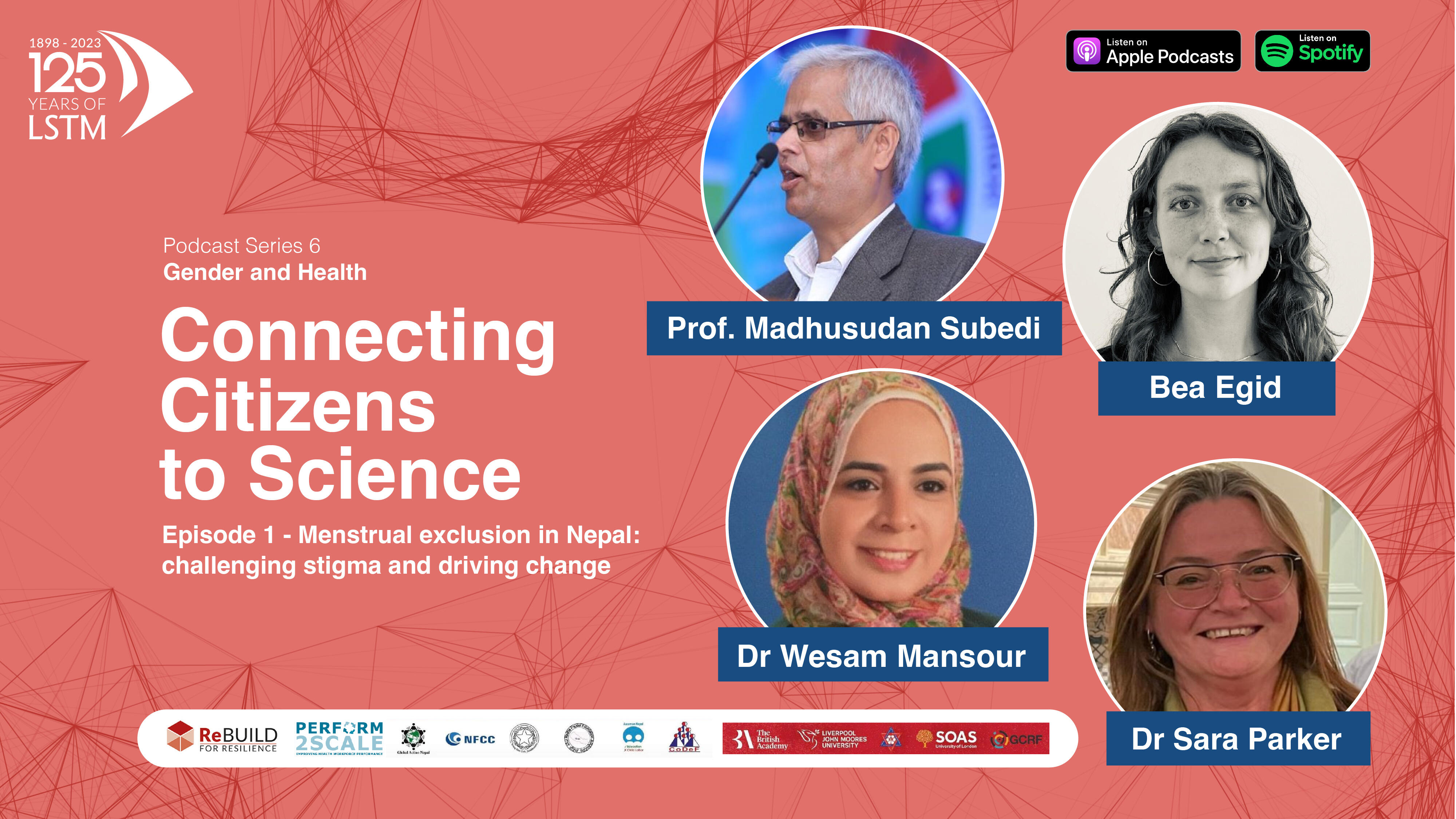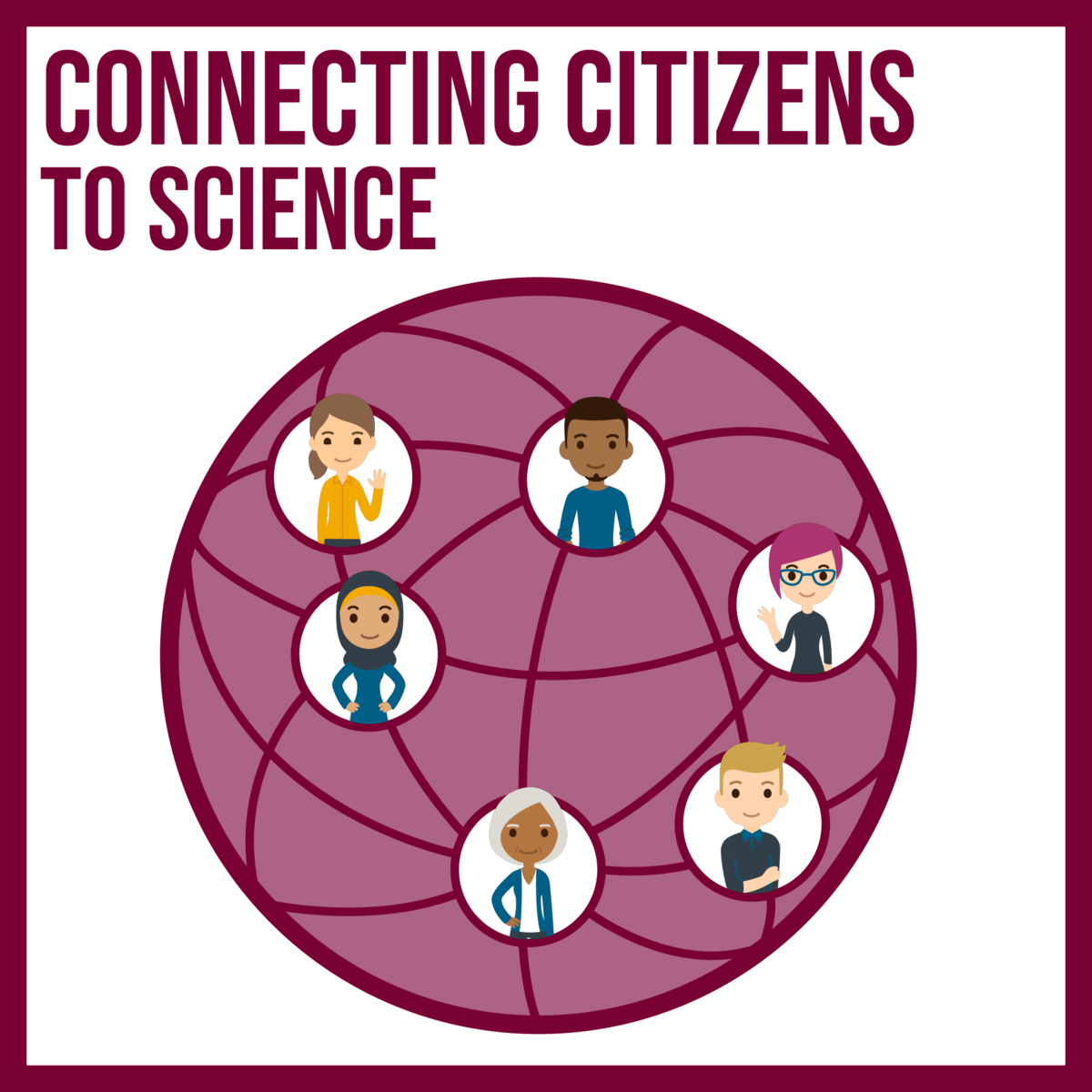
In this episode we are joined by Dr Sara Parker, Reader in Development Studies at Liverpool John Moores University and Professor Madhusudan Subedi from the Patan Academy of Health Sciences and the Tribhuvan University in Nepal, who will be talking to us about their work on women’s reproductive health and dignity in Nepal, with a focus on understanding menstrual stigmas and engaging with communities to challenge practices of menstrual exclusion.
We talk about:
- How menstrual exclusion impacts the health and wellbeing of women and girls
- Why it is important to work with men, families and the wider community – as well as women and girls - to change norms and beliefs around menstruation
- The value of interdisciplinary and creative research approaches for understanding realities at the local level and how this can feed into social transformation
Dr Sara Parker
Reader in Development Studies, Liverpool John Moores University Sociology
Sara Parker is Reader in Development Studies in the Sociology Department at Liverpool John Moores University. She has over 30 years of action research experience in Nepal following on from her PhD on non-formal education and women’s participation. She has led a number of research initiatives in Nepal including Higher Education links between the UK, Nepal and Bangladesh with a focus on gender and education. She is committed to collaborative action research and is currently leading the BA/GCRF funded ‘Dignity Without Danger’ research project exploring menstrual stigma and taboos. This project connects researchers in the UK and Nepal to NGOs and activists in Nepal to deepen understating of the complexities of menstrual discrimination. The research project also has a strong emphasis on working with local communities and utilises creative means to produce policy recommendations and creative visual outputs that can be used as advocacy tools. She is an active member of the Menstrual Health and Hygiene Partnership Alliance in Nepal and is co-editing a book on Menstruation in Nepal to be published by Routledge India.
She has recently been elected as the Chair of the British Nepal Academic Council BNAC and is a committee member of the Britain and Nepal NGO network BRANNGO. She also advises on a number of NGO boards including Elevate Nepal. Sara has co-authored papers and articles as well as written a children’s book focusing on fair trade and Nepal.
Staff profile LJMU Sara Parker | Liverpool John Moores University (ljmu.ac.uk)
DWD Social media @DWDNEpal
Instagram DwD Nepal (@dignitywithoutdanger) • Instagram photos and videos
Twitter Dignity Without Danger (@DWDNepal) / Twitter
Facebook (13) Dignity Without Danger: Menstruation in Nepal | Facebook
@LJMUSociology
Qualitative Analysis in Action | Liverpool John Moores University (ljmu.ac.uk)
Blogs on Menstruation in Nepal
https://www.elevatenepal.org/blog/menstrual-taboos-nepal/
https://www.unialliance.ac.uk/2018/03/08/pressforprogress-on-periods-in-nepal/
Prof. Madhusudan Subedi
University Teacher and Researcher, School of Public Health, Patan Academy of Health Sciences, Nepal
Central Department of Sociology, Tribhuvan University, Nepal
Co-Investigator of the BA/GCRF funded project "Dignity Without Danger: Collaboratively Analysing Stigma and Taboos to Develop Innovative Strategies to Address Menstrual Exclusion in Nepal” that focuses on the intractable global challenge of promoting women’s right to sexual and reproductive health and dignity. We are working with academics, NGO partners and researchers working in the field of menstrual health on the ground, to build research capacity in Nepal, and co-design the research process by embedding training into the plan of action.
We have been exploring the origins, diversity and impacts of local, social, religious and cultural menstrual practices in Nepal which deny women and girls the right to a healthy and dignified menstruation. There is no one all-encompassing single narrative on menstruation across the 125 caste and ethnic groups in Nepal and this project will research experiences across these many ethnic groups by focusing on lived experience in diverse contexts. To challenge menstrual stigma throughout Nepal a deeper understanding of the diverse menstrual practices and their underlying concepts is required. This will support the development of strategies to address the stigma and taboos surrounding menstruation.
https://scholar.google.com/citations?user=wtGcLhkAAAAJ&hl=en

This is a podcast in the series: Connecting Citizens to Science, which focuses on health research based on equitable partnerships between researchers and communities.